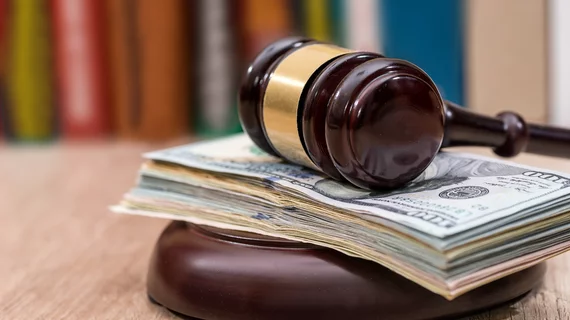Cardinal Health will pay $13M to settle kickback allegations
Pharmaceutical distributor Cardinal Health has agreed to pay more than $13 million to settle allegations it gave doctors kickbacks to purchase medicines paid for by federal health programs.
The Department of Justice said Monday that the Ohio-based drug distributor violated the Anti-Kickback Statute by offering to pay physician practices upfront discounts to buy certain pharmaceuticals paid for by Medicare.
Under the rule, distributors are permitted to offer commercially available discounts to customers who meet certain conditions, but Cardinal Health failed to meet those requirements.
“Cardinal Health thought it hit upon a surefire moneymaker by paying kickbacks to doctors, which cost health benefit programs millions of dollars in potentially fraudulent claims,” Joseph R. Bonavolonta, special agent in charge of the Federal Bureau of Investigation, Boston Division, said in a statement. “Anyone involved in, or entertaining, similar activity should know that healthcare fraud is a priority for the FBI, and we will pursue anyone trying to profit from this country’s vital healthcare system.”
Cardinal Health did own up to certain facts as part of the $13.13 million settlement but did not admit to any liability, according to Reuters.

